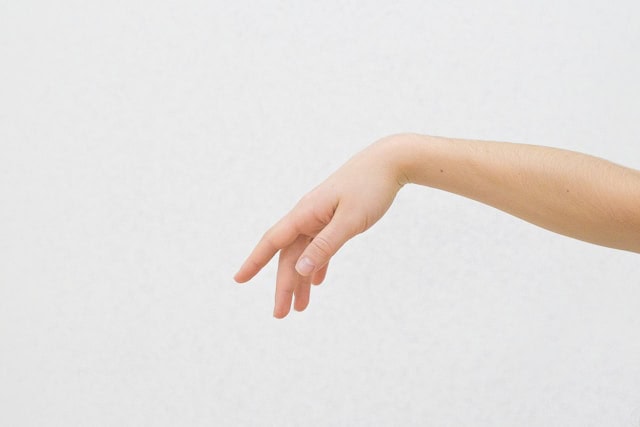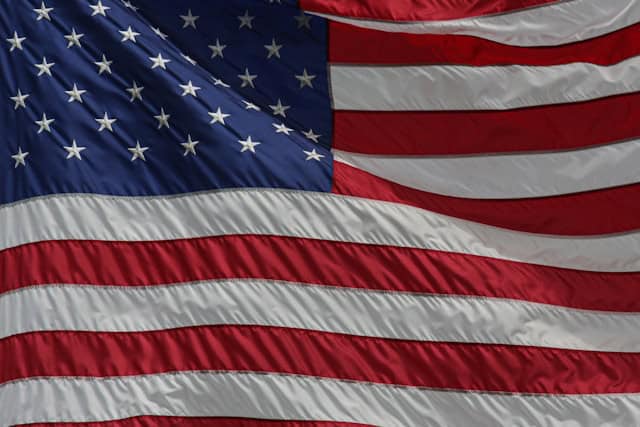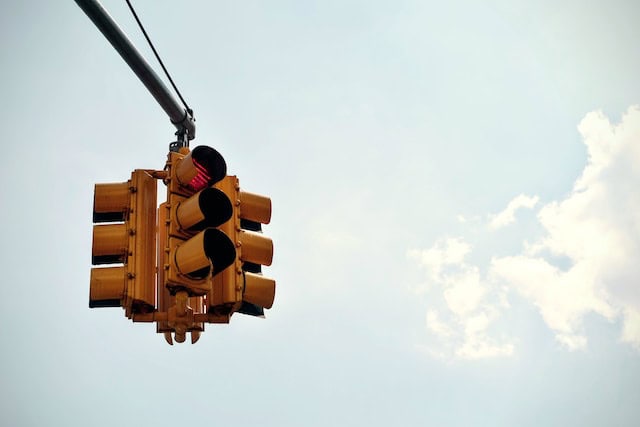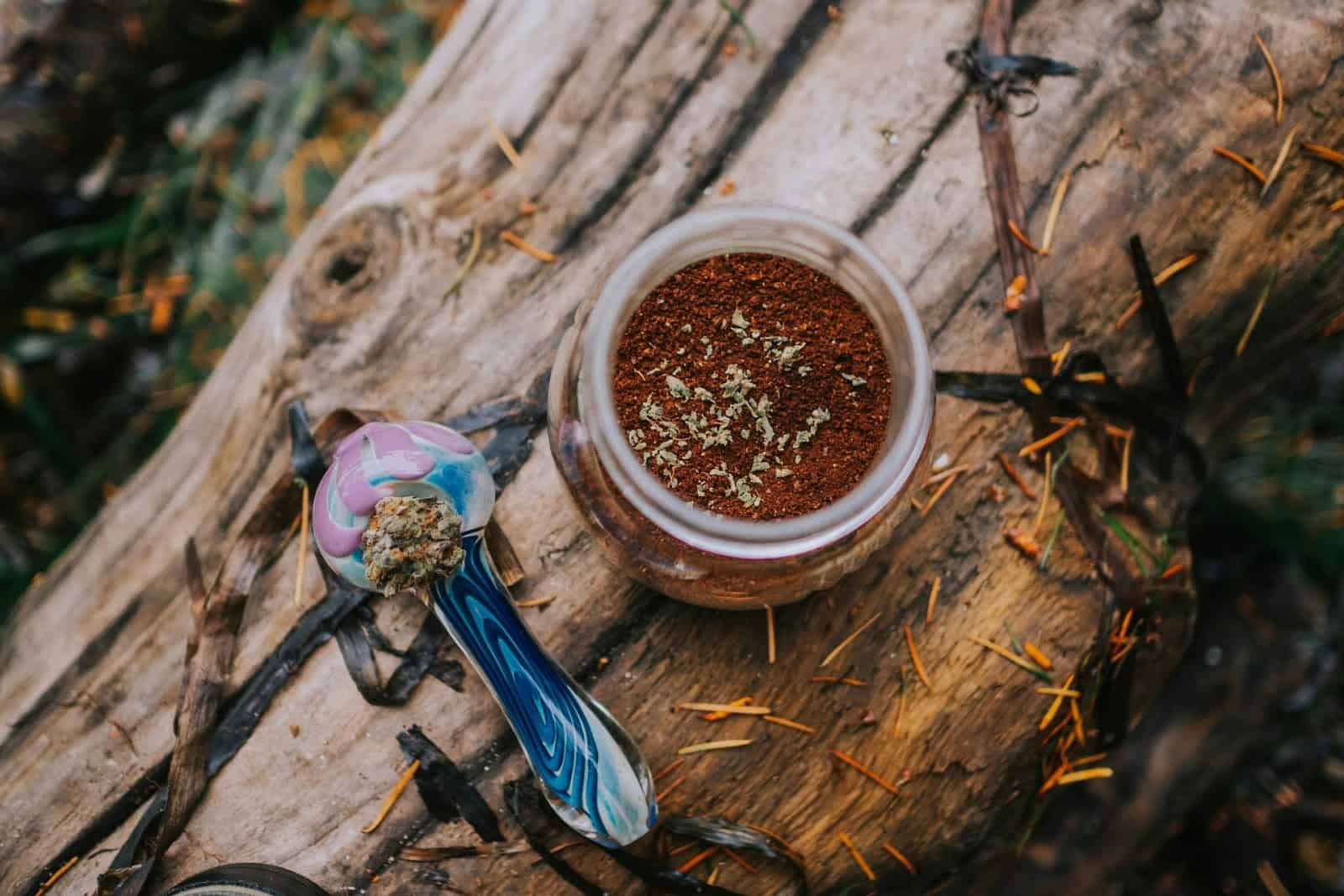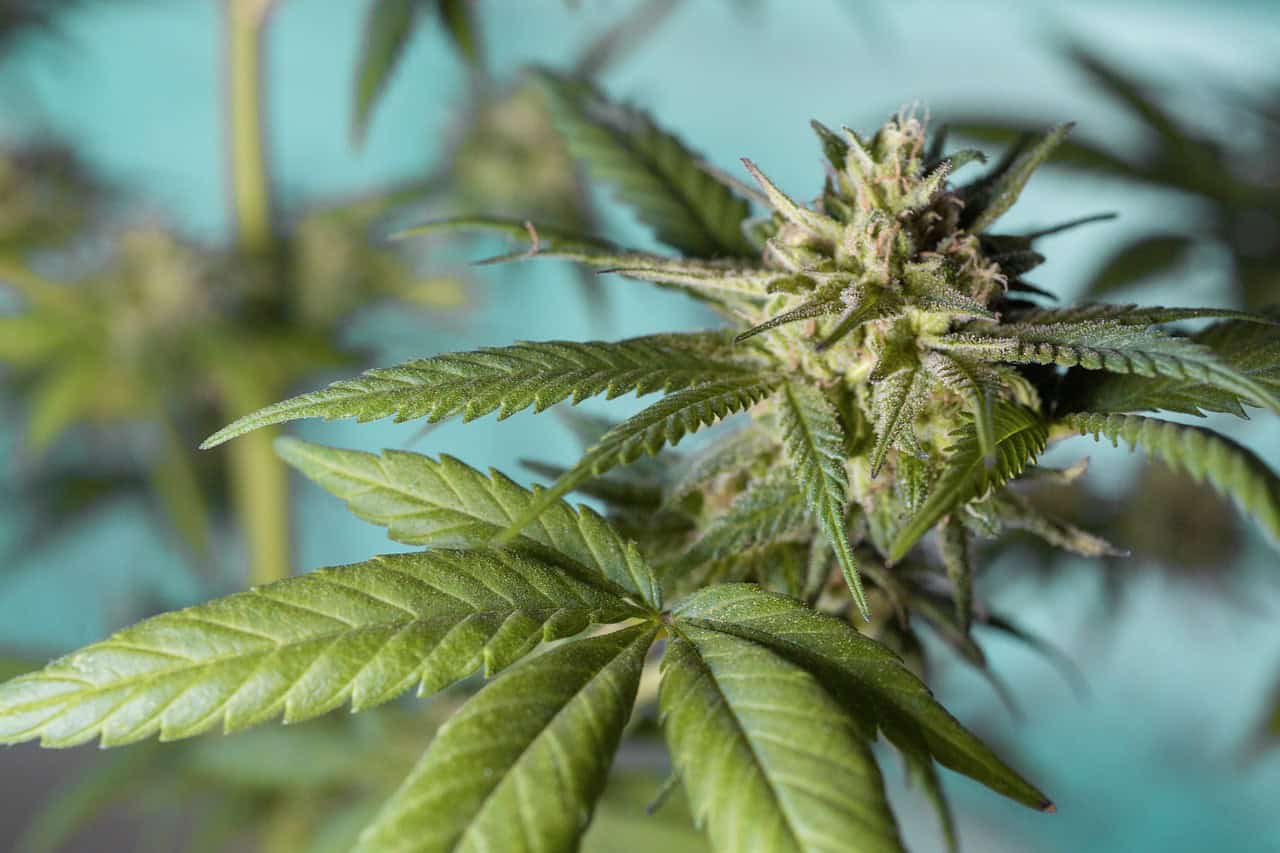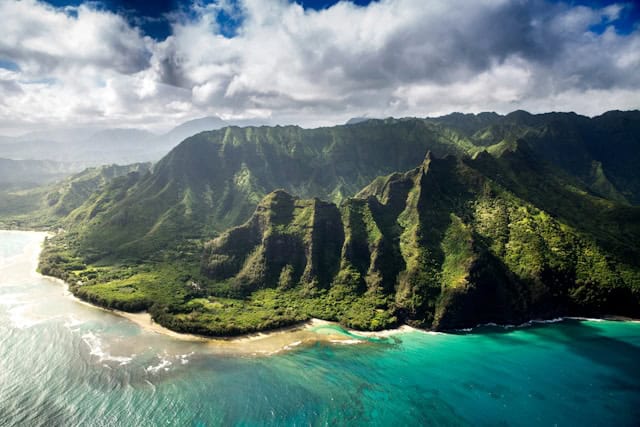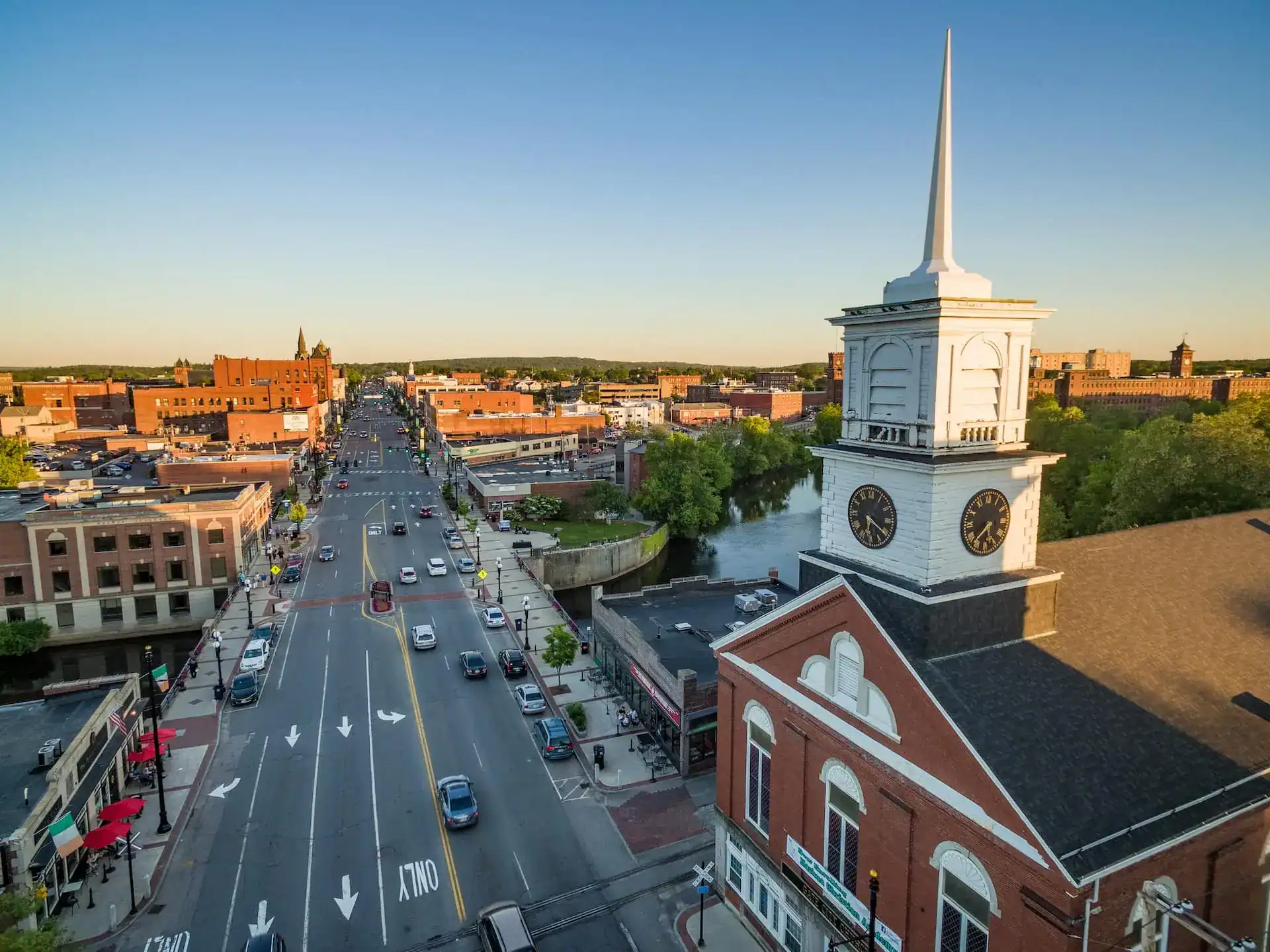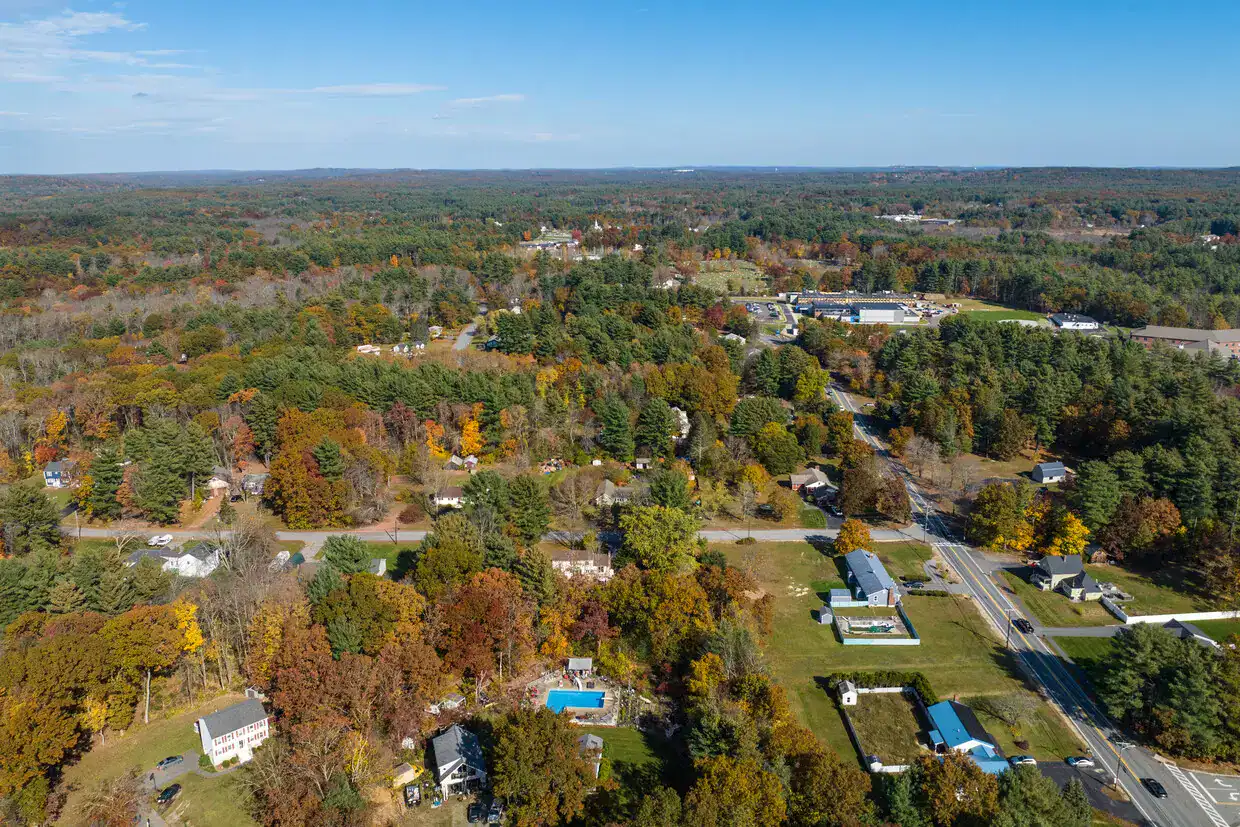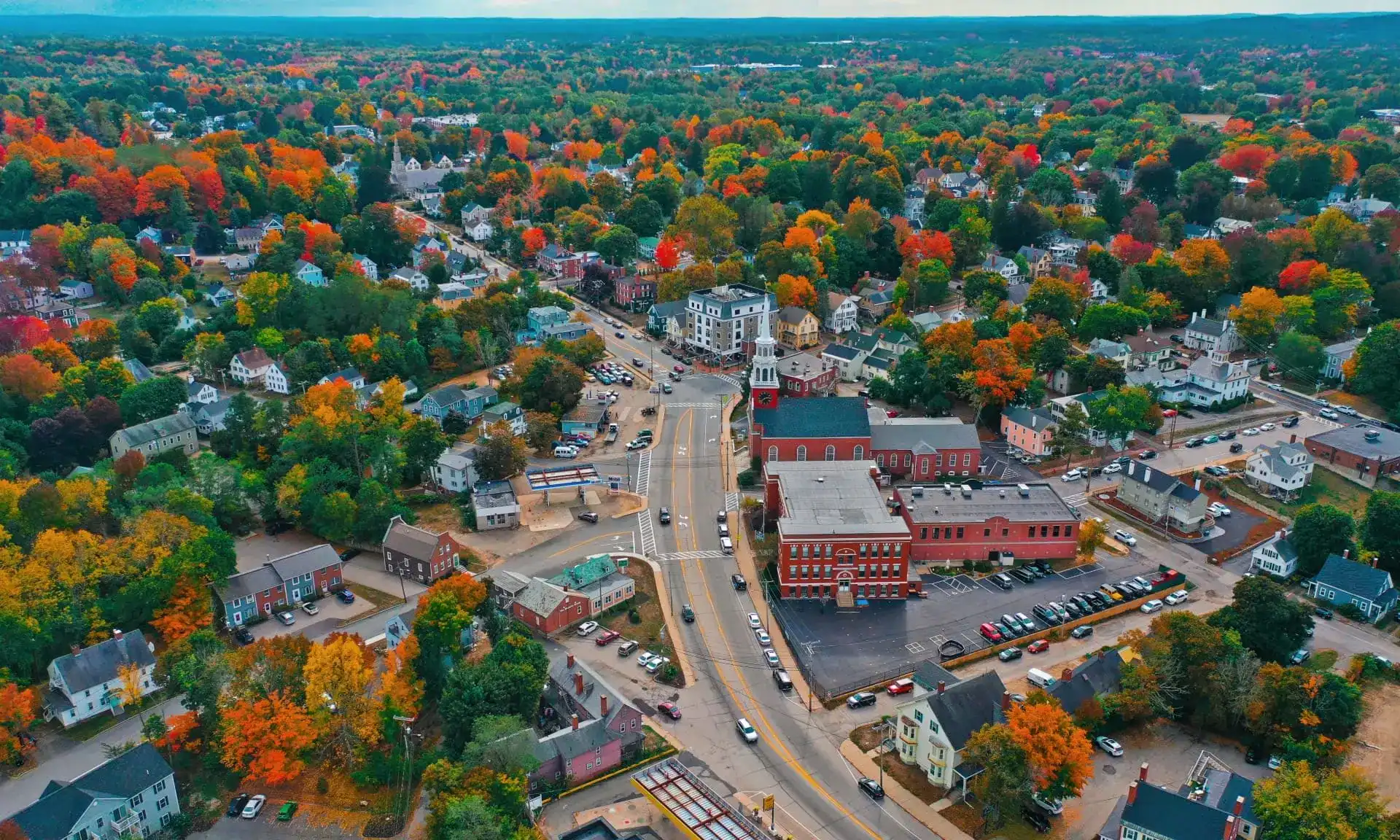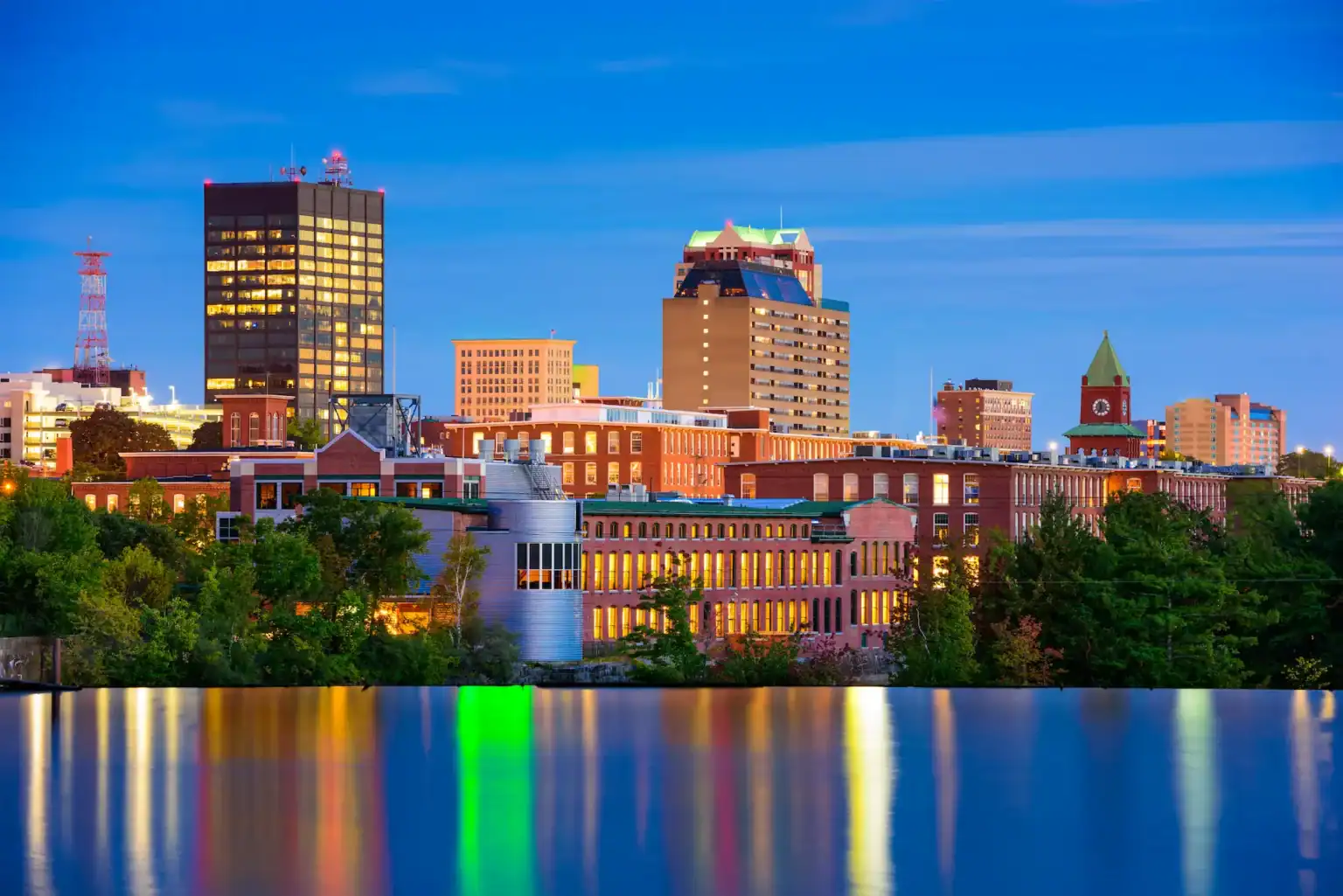
Is CBD Legal in New Hampshire
Yes, CBD products are legal in New Hampshire
 Legal
Legal
Per HB 459, all hemp-derived CBD products are legal in New Hampshire. CBD products must contain less than 0.3% THC.
CBD, or cannabidiol is a compound derived from the cannabis plant. CBD has the potential to offer therapeutic benefits without psychoactive effects. It has shown promise in alleviating pain, reducing anxiety, and improving the quality of sleep. Research into CBD is still ongoing, but it has shown effectiveness in treating a variety of ailments. Before buying CBD in New Hampshire, make sure to check the lab test results for each product to ensure that they are labeled accurately.
In New Hampshire, individuals must be 18 in order to purchase CBD products.
CBD use has not been associated with any serious dangers. However, some users may experience discomfort from CBD. CBD can cause digestion issues or nausea in certain users.
The law requires that CBD gummies be less than 0.3% THC by weight.
CBD can not be overdosed on. In general, CBD is well tolerated by most people, and any negative effects are usually minor.
CBD can be good for alleviating the effects of chemotherapy. Studies found that it can induce death in cervical cancer cell lines. It has also shown promise in the treatment of tumors.
CBD is good for relieving the symptoms of arthritis and neurodegenerative disorders. It's also effective in ointments for treating skin conditions like atopic dermatitis.
CBD is good for relieving the symptoms of arthritis and neurodegenerative disorders. It's also effective in ointments for treating skin conditions like atopic dermatitis.
Is THC Legal in New Hampshire
No, THC products are illegal in New Hampshire
 Legal
Legal
In New Hampshire, you must be at least 18 years old to purchase THC products for medical use. To buy these products, you need to possess a valid medical marijuana card issued by the state. Recreational use of THC is illegal, so there are no age requirements for non-medical purchases, as they are not permitted.
Yes, THC products in New Hampshire are required to undergo third-party testing. The New Hampshire Department of Health and Human Services mandates that all medical marijuana products sold in licensed dispensaries be tested by state-approved laboratories. This testing ensures that the products meet specific safety, quality, and potency standards, providing consumers with assurance about the safety and effectiveness of the cannabis products they are purchasing.
Yes, THC products in New Hampshire are required to undergo third-party testing. The New Hampshire Department of Health and Human Services mandates that all medical marijuana products sold in licensed dispensaries be tested by state-approved laboratories. This testing ensures that the products meet specific safety, quality, and potency standards, providing consumers with assurance about the safety and effectiveness of the cannabis products they are purchasing.
Is Delta-8 Legal in New Hampshire
No, Delta-8 products are illegal in New Hampshire
 Legal
Legal
Delta-8 THC is illegal in New Hampshire. The state passed a bill on August 8, 2023 prohibiting hemp products from containing more than 0.3% of any form of THC; Delta-8 tetrahydrocannabinol, commonly referred to as Delta-8 THC, is a unique cannabinoid that naturally occurs in the cannabis plant, celebrated for its subtler psychoactive effects when compared to the more prevalent Delta-9 THC. The controversy surrounding Delta-8 primarily stems from its legal status, potential health concerns, and the intricacies of its production methods. Despite its derivation from hemp, which gained legal recognition in the United States through the 2018 Farm Bill, the extraction and conversion processes have attracted regulatory scrutiny. Critics assert that these processes might introduce impurities and safety concerns. Additionally, concerns persist regarding its potential effects, especially among vulnerable demographics like minors, given that Delta-8 products are frequently marketed as a legal and less potent alternative to traditional marijuana. Consequently, the regulatory landscape and public opinion surrounding Delta-8 THC remain multifaceted and contentious.
Delta-8 THC is illegal in New Hampshire. The state passed a bill on August 8, 2023 prohibiting hemp products from containing more than 0.3% of any form of THC; Delta-8 tetrahydrocannabinol, commonly referred to as Delta-8 THC, is a unique cannabinoid that naturally occurs in the cannabis plant, celebrated for its subtler psychoactive effects when compared to the more prevalent Delta-9 THC. The controversy surrounding Delta-8 primarily stems from its legal status, potential health concerns, and the intricacies of its production methods. Despite its derivation from hemp, which gained legal recognition in the United States through the 2018 Farm Bill, the extraction and conversion processes have attracted regulatory scrutiny. Critics assert that these processes might introduce impurities and safety concerns. Additionally, concerns persist regarding its potential effects, especially among vulnerable demographics like minors, given that Delta-8 products are frequently marketed as a legal and less potent alternative to traditional marijuana. Consequently, the regulatory landscape and public opinion surrounding Delta-8 THC remain multifaceted and contentious.
Despite Delta-8's general recognition for its decreased potency compared to Delta-9 THC, it can still generate psychoactive effects, accentuating the need for prudent use. Individuals with pre-existing medical conditions or prescribed medications should consult a healthcare professional before exploring Delta-8.
The impact of Delta-8 THC on the body unfolds through its binding to the CB1 receptors within the endocannabinoid system, primarily situated in the central nervous system. This connection initiates psychoactive effects, generally less pronounced than those induced by Delta-9 THC. Individuals often express feelings of calm, elation, and an altered sensory perception. Delta-8 may also incite an increased appetite, provoke dry mouth, and result in red eyes. Nevertheless, the expression of its effects can diverge significantly from person to person, shaped by factors such as dosage, tolerance, and the distinctive sensitivity of each person to cannabinoids.
Delta-8 THC is illegal in New Hampshire. The state passed a bill in August 2023 that made it illegal for hemp products to contain more than 0.3% of ANY form of THC.
Delta-8 THC and Delta-9 THC have corresponding chemical structures, with Delta-8 being known for its reduced potency and the capacity to provide a milder, more clear-headed high. Some users prefer it for its utilitarian qualities.
Delta-8 THC is offered in different formats, including edibles, vape cartridges, tinctures, and capsules. The preferred method of consumption is subjective and influenced by individual preferences and the sought-after effects.
The safety of Delta-8 THC remains a subject of ongoing debate and research. Generally considered less potent with milder psychoactive effects than Delta-9 THC, concerns persist about potential impurities resulting from its production methods. Additionally, as with any psychoactive substance, safety can vary depending on an individual's health, usage, and dosage. More comprehensive scientific studies are needed to provide a conclusive assessment of its safety, but caution is advised, especially in the absence of clear regulatory standards.
Standardly noted side effects could encompass a dry mouth, red eyes, an increased heart rate, and short-term memory lapses. Generally, these effects are less pronounced than those commonly associated with Delta-9 THC.
Affirmative, it is possible for Delta-8 THC to yield a positive result on a drug test, given that many tests cannot discern between Delta-8 and Delta-9 THC. If you are subject to drug testing, using Delta-8 products should be approached with caution.
Your ability to purchase Delta-8 products may be contingent on your location, with age restrictions generally setting the minimum age at either 18 or 21 years old. To stay within legal bounds, make sure to acquaint yourself with your area's age requirements by researching local regulations.
When looking to procure Delta-8 products, you have several options, including licensed dispensaries, online retailers, and certain convenience stores. It's crucial to investigate the legality of Delta-8 in your locality before making a purchase and choose a reputable seller who ensures both product quality and adherence to local regulations.
Is Delta-9 Legal in New Hampshire
No, Delta-9 products are illegal in New Hampshire
 Legal
Legal
In New Hampshire, you must be 21 years or older to purchase Delta-9 THC products for recreational use. This age requirement also applies to all marijuana products, including those containing Delta-9 THC.
Yes, it is legal to smoke Delta-9 THC flower in New Hampshire. The state permits the possession and private use of marijuana, including Delta-9 THC flower, for adults aged 21 and older.
Yes, Delta-9 THC products in New Hampshire are required to undergo third-party testing. This testing ensures that the products meet state quality standards, comply with state and federal regulations (including containing less than 0.3% Delta-9 THC), and are free from contaminants like pesticides, heavy metals, and residual solvents.
In any case, it’s essential to verify that the products are purchased from reputable sources, as state-specific regulations may not be as robust as those in states with more developed cannabis programs.
Is HHC Legal in New Hampshire
No, HHC products are illegal in New Hampshire
 Legal
Legal
In New Hampshire, the age requirement for purchasing HHC (Hexahydrocannabinol) products follows the general guidelines for hemp-derived cannabinoids. To buy hemp-derived HHC products, you must be at least 18 years old. These products are commonly found in various retail settings, such as convenience stores, vape shops, and online platforms.
For marijuana-derived HHC, the situation is different. Although New Hampshire has legal medical cannabis programs, recreational cannabis is not fully legalized, so marijuana-derived HHC products are not widely available. For medical cannabis products, you typically need to be at least 18 years old if you possess a medical card, or 21 if purchased through a licensed medical cannabis dispensary.
In New Hampshire, smoking HHC flower is generally considered legal as long as the HHC is derived from hemp and contains less than 0.3% THC, in compliance with federal guidelines. However, the state’s legal framework is primarily focused on the THC content and the source of the cannabinoid.
However, since HHC is relatively new and not specifically addressed in New Hampshire law, its legal status can be somewhat ambiguous. Therefore, it’s crucial to stay informed about any local updates or changes in regulations that may impact the legality of HHC products.
In New Hampshire, while there is no specific state mandate requiring third-party testing for HHC products, reputable manufacturers and retailers often conduct such testing. This is done to ensure that the products comply with federal standards, including THC limits, and are free from contaminants. Third-party testing helps verify the safety, potency, and purity of HHC products, contributing to consumer confidence and product quality.
Keep in mind that reputable manufacturers and retailers usually provide certificates of analysis (COAs) from independent labs, demonstrating that their products have been tested and meet the required standards.
Disclaimer
This information is derived from our independent research. Our team aims to ensure that we give you accurate up-to-date details from reliable state-run sources. However, we are not legal experts, and local laws can be subject to change.









